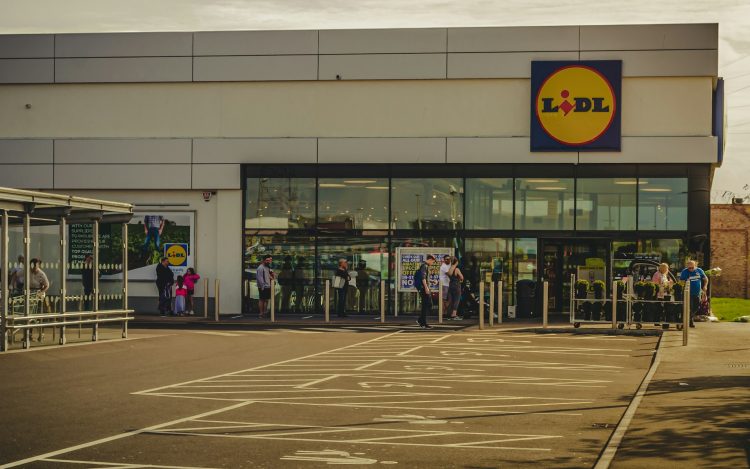Lidl, the Hungarian subsidiary of the renowned international discount supermarket chain, has emerged as a formidable force in Hungary’s retail market. Since its debut, Lidl has profoundly impacted consumer shopping behaviors by introducing a business model that marries exceptional quality with unmatched affordability. Boasting strategic store placements throughout the nation, Lidl caters to a broad customer base, presenting a vast array of products, notably including offerings from local suppliers. This harmonious fusion of global standards and local focus has solidified Lidl’s standing as a pivotal retail player in Hungary, bolstering the country’s economy and offering consumers a dependable, cost-efficient shopping solution.Breaking into the Hungarian Market
Lidl’s foray into the Hungarian marketplace kicked off in the early 2000s, signaling a pivotal moment in the company’s expansion across Central and Eastern Europe. The strategy for entry was marked by a swift deployment of stores in key cities and regions, aiming for comprehensive accessibility for the Hungarian populace. This initiative was met with its fair share of challenges; Lidl had to manoeuvre through a competitive terrain rife with both international chains and local retailers.
In its quest to secure a strong market presence, Lidl set itself apart by offering competitive pricing, a broad product spectrum that includes local delicacies, and a shopping environment designed for simplicity and efficiency. These initiatives were further enhanced by a vigorous marketing campaign that accentuated the brand’s value proposition to Hungarian consumers.
This strategic incursion into Hungary enabled Lidl to achieve consistent growth, broadening its store network and progressively augmenting its market share. Such expansion is not merely a reflection of Lidl’s global commercial savvy but also its capacity to adapt to the specific market dynamics and consumer preferences within Hungary.Lidl’s Evolution and Expansion
The evolution of Lidl from a solitary wholesale food distributor to a global retail powerhouse is a narrative of strategic foresight and unwavering commitment to efficiency. In the early 1970s, under Dieter Schwarz’s leadership, Josef’s progeny, Lidl ventured into the discount supermarket domain. The company’s ethos centered around minimalist store designs, a curated selection of in-demand products, and a dedication to cost minimisation, enabling the provision of lower prices for consumers.
The 1980s and 1990s witnessed Lidl’s brisk expansion within Germany, cultivating a robust domestic presence that laid the groundwork for its international aspirations. By the end of the 1990s, Lidl started penetrating foreign markets, initially setting its sights on European nations like France and the UK. Venturing into each new market brought its distinct set of challenges, from tailoring product assortments to suit local tastes to navigating varied regulatory landscapes.
Notwithstanding these obstacles, Lidl’s venture into international markets was met with notable success. By the 2000s, the brand had firmly established its presence in several European countries and even began to explore territories beyond the continent. The brand’s entry into the U.S. market in 2017 marked a significant chapter in Lidl’s global narrative, showcasing its ambition to vie on the global stage.
Throughout its journey, Lidl has steadfastly adhered to its foundational principle of delivering top-quality products at the lowest possible prices. This unwavering dedication, combined with an adeptness for strategic market adaptation, has played a crucial role in Lidl’s sustained success and expansion.









